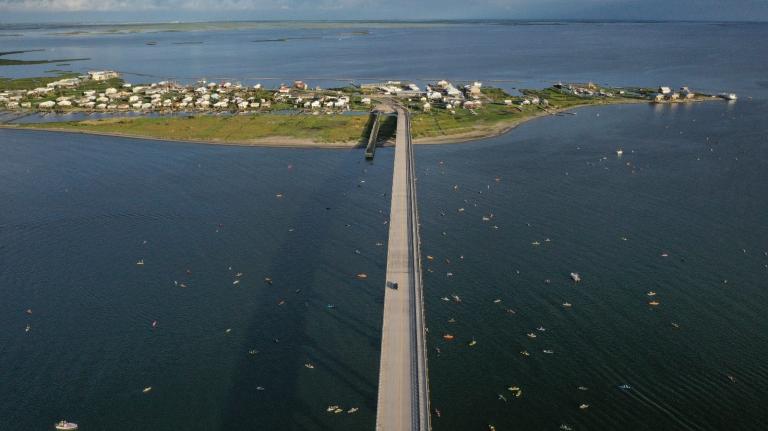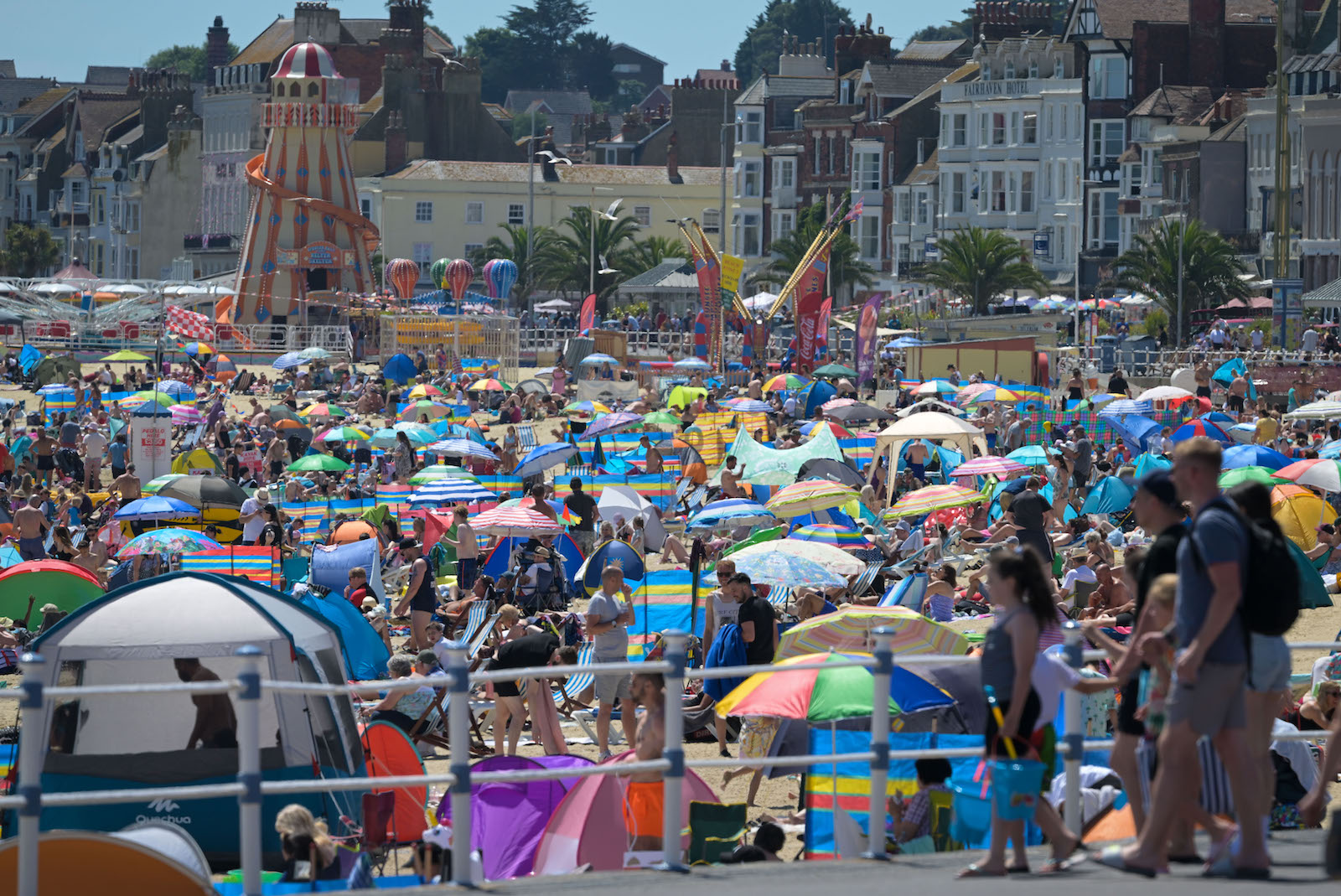An unusually early and intense summer heat wave hit many parts of Europe this past weekend. The heat wave sent temperatures soaring to as much as 18 degrees Fahrenheit above normal temperatures for this time of year. That’s especially concerning given that Europe is also experiencing an energy crisis, driving up the costs – and potentially the carbon emissions – associated with staying cool.
This heat wave which started last month is likely to crack temperature records in parts of France, Britain, Portugal and Spain – where temperatures could reach up to 113 degrees Fahrenheit. And cooler temperatures probably aren’t coming anytime soon: Greg Dewhurst, a meteorologist at the UK Met Office, noted that this heat wave will “continue for at least another week or two.”
While it’s too soon to say whether this particular heat wave is directly caused by climate change, scientists have linked rising greenhouse gases to lower summertime precipitation in parts of Europe. Climate change has also been linked to higher nighttime temperatures, making it especially hard for people to find respite during heat waves that span several days.
When temperatures hover around 90 degrees Fahrenheit for several days in a row, it can put a strain on electrical grids. The increased demand for air conditioning, especially in countries that seldom need it, is already resulting in a sharp increase in energy prices throughout Europe. In Britain last Friday, for example, day-ahead power prices, or the price of power set the day before the electricity is actually used, increased to their highest values in over two months. Extreme heat can also make it harder to produce certain forms of energy. Italy has grappled with drought conditions due to rapidly evaporating glacial melt, reducing the levels of rivers and reservoirs needed for hydropower.
“They have very little water to produce with,” said Silje Eriksen Holmen, a hydrologist at Volue. “There’s no end to it that we can see in the forecast.”
The heatwave may also hurt nuclear energy production in countries like France. Without enough river water to cool down nuclear operations, electric utility companies like Electricite de France SA might be forced to reduce energy production.
These energy struggles come just as many European countries have enacted embargoes on Russian natural gas. As a result of the war in Ukraine, natural gas prices have spiked as much as 700 percent. Even before the heat wave, some countries were considering planned blackouts and others had turned to coal power to close the gap between production and demand.



